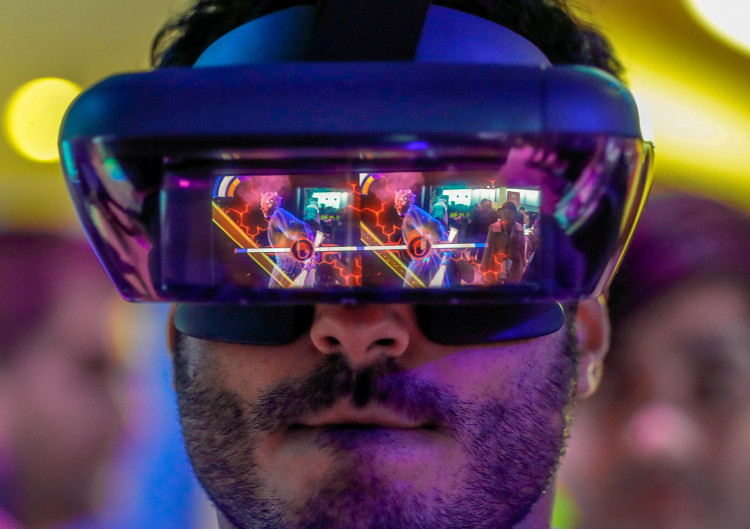Mark Zuckerberg stated in an interview last week that he wants "about a billion individuals" to soon be engaged in the metaverse.
Despite the pandemic's influence on the widespread use of video conferencing services such as Zoom and other technologies that generate virtual worlds, not everyone is as enthusiastic about metaverse advancements.
However, Meta will continue to innovate in this area, and if Facebook and social media are any indication, it may not be long before people spend as much time in digital environments as they do in real ones.
Zuckerberg, who is presently the 15th richest person in the world, said last week that the metaverse may be a "significant" component of the company's business in the second half of this decade.
"We intend to attract roughly a billion people in the metaverse, each spending hundreds of dollars on digital items, digital content, and other ways to express themselves," Zuckerberg said.
Zuckerberg explained that he wants people to spend money on "clothing for their avatar or different digital goods for their virtual home or items to decorate their virtual conference room" as well as "utilities to be more productive in virtual and augmented reality, and across the metaverse in general."
This transition away from Web 2.0 and social media sites - of which Zuckerberg's first, Facebook, is in sequential decline for the first time in its existence - was long overdue.
In 2014, Meta (then known as Facebook) spent $2 billion for Oculus VR, although it did not exactly take off as expected.
In 2018, however, Oculus executive Jason Rubin delivered the business board a 50-page report stating that the metaverse was "ours to lose" over the next decade. Since then, significant time and resources have been invested in bringing the concept to reality.
Microsoft, Epic Games, Meta, and 33 other companies have formed a consortium for the metaverse, which will consist of "action-based initiatives" that support common standards.
In the near future, there is fierce disagreement over whether there will be anywhere near 1 billion people in the metaverse, and there is evidence for both sides of the argument.
On the other hand, developments such as the acquisition of virtual land by real estate investors, celebrities, and regular individuals demonstrates that digital environments can be valued in ways that no one a decade ago could have foreseen.






